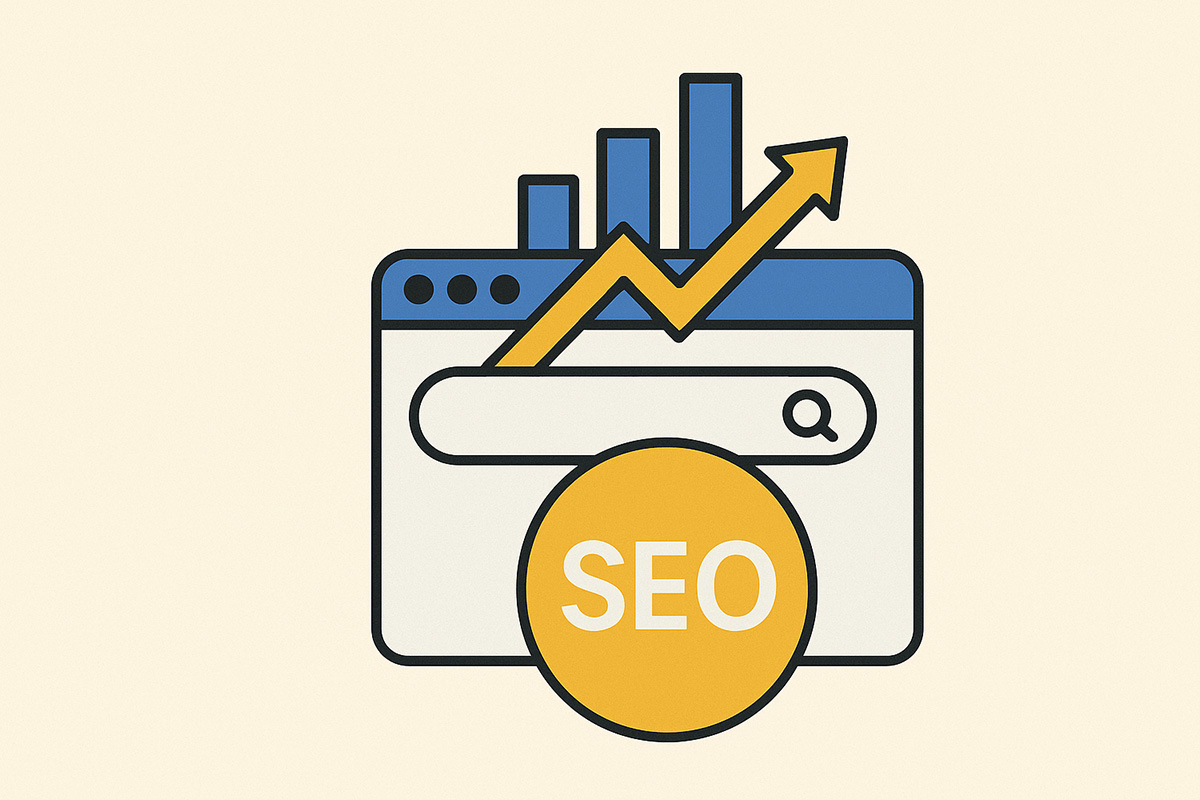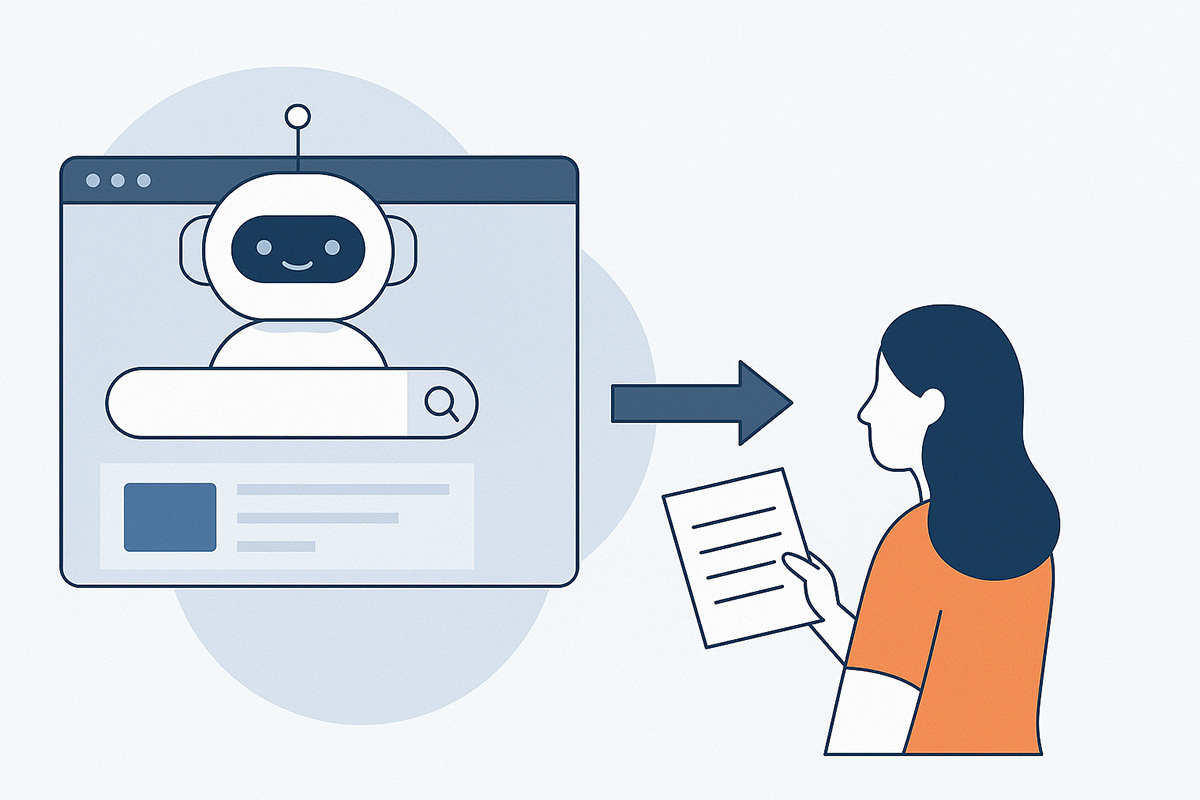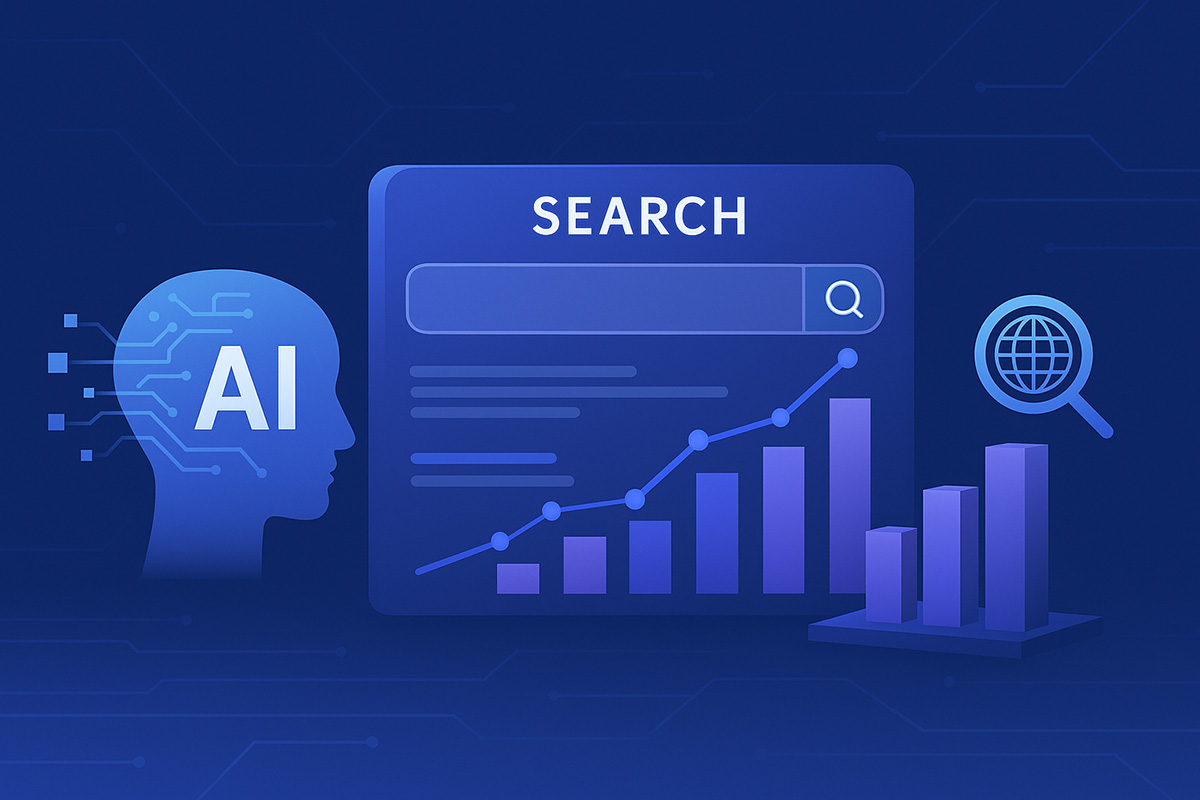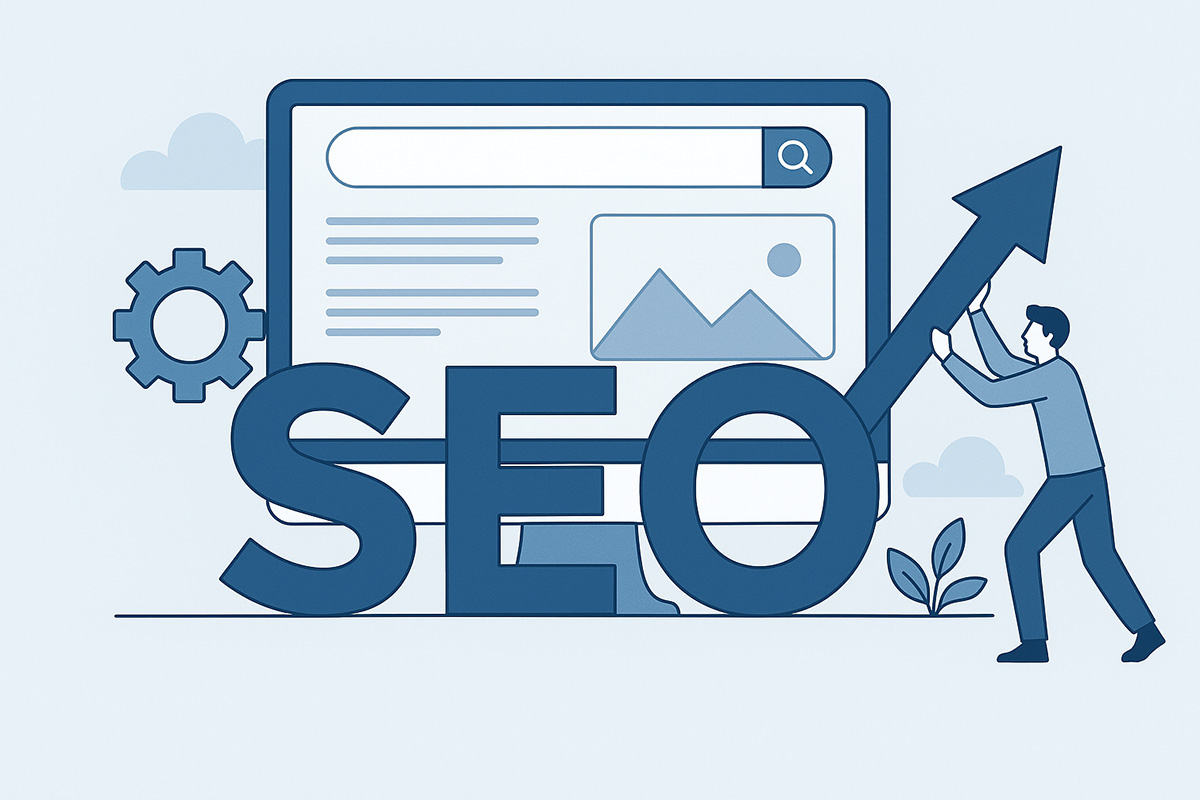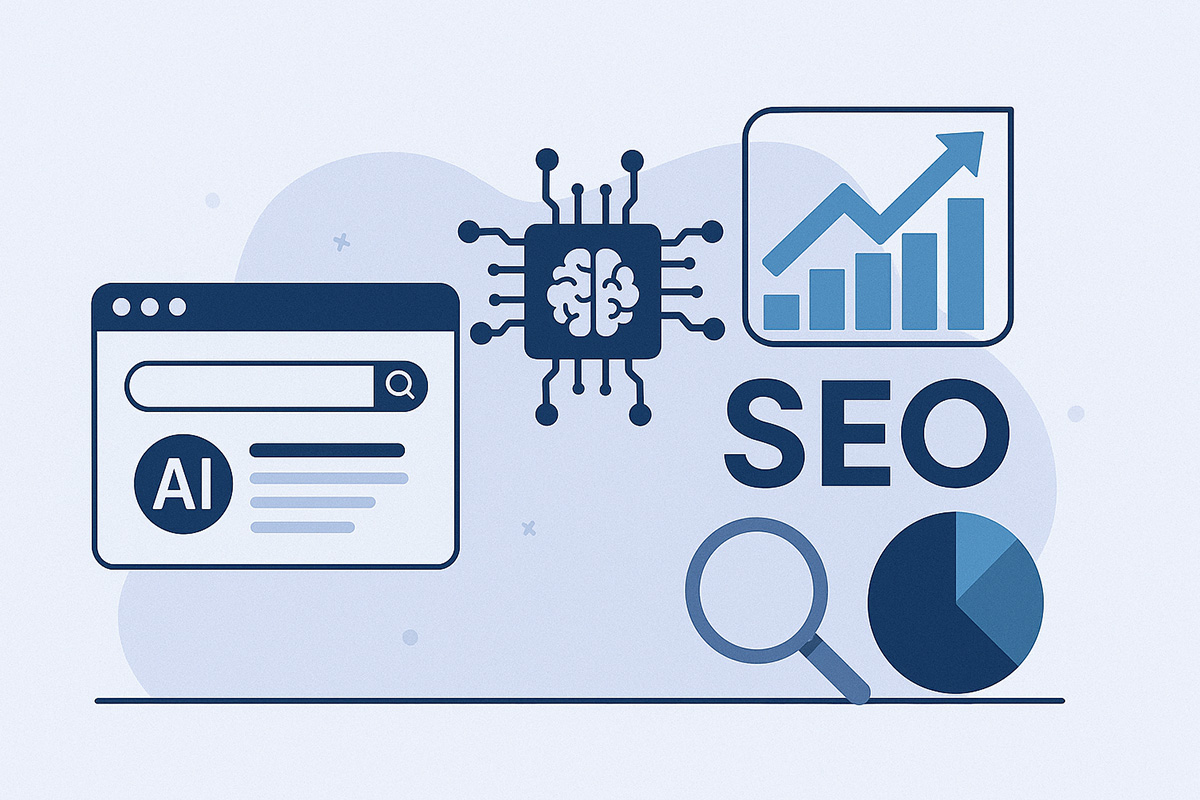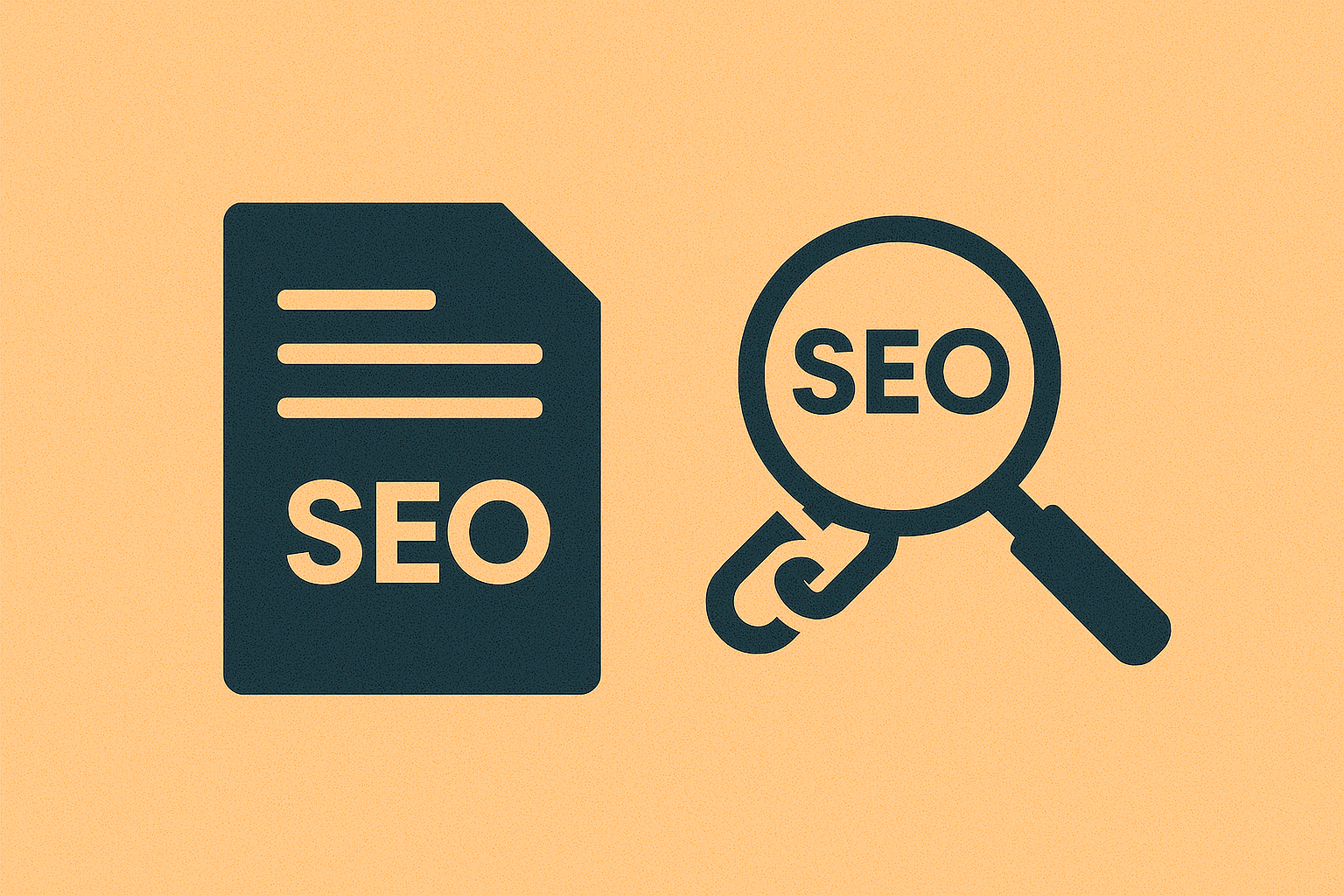Home / Blogs / What is Local SEO and How Does It Work?
What is Local SEO and How Does It Work?
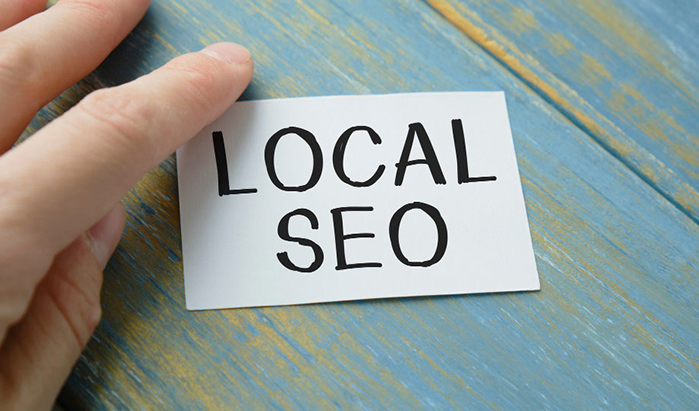 SEO
SEO
Welcome to the world of Local SEO, a robust technique that could give your company a competitive advantage in digital marketing. Local SEO is the process of optimising your online presence to rank better in local search results, assuring maximum visibility to potential clients in your region. It helps companies connect with their target audience precisely when searching for local products or services by employing methods such as optimising developing local citations and producing positive reviews. Let’s look at the foundations of Local SEO and how it works.
How did Search Engines Evolve?
Over the years, search engines have seen tremendous progress. Initially, directories such as Yahoo! organised webpages manually. Then, search engines such as AltaVista pioneered keyword-based indexing. Google's PageRank algorithm, which considers the amount and quality of connections to determine relevance, revolutionised the field. Search engines got more advanced as the web grew, utilising machine learning to comprehend user intent and offer more accurate results. With the development of smartphones, mobile optimisation has become critical. Furthermore, personalised search and local search have grown in popularity. Today, search engines are evolving further with complex algorithms to improve the user experience.
So how does Google Work?
When you enter a search term into Google, it examines the pattern of several website signals, or ranking variables, such as how relevant your site is, to provide a list of pages that match your query.
Most people are unaware that Google does not perform a live search of the whole internet every time they put something into the search bar. It's actually browsing a cached duplicate of all the sites identified by Google. This replica is known as the Google Index.
Google crawls the web with little programmes known as "spiders" to create the index. Each spider operates in the same manner: it begins on a single page, then follows the links on that page, then looks at information on subsequent pages, and so on.
How Google Ranks Search Results
Google ranks search results based on a variety of algorithms to assess the relevance and quality of websites. Some of the factors include the quality and freshness of the content, the authority and trustworthiness of the website, user engagement signals, and the overall user experience of the page. The Google algorithm also considers keyword use, backlinks, website loading speed, mobile friendliness, and structured data.
Improving your SEO affects your website's relevance, prominence, and link popularity. When all the right aspects of your site's digital footprint are optimised, it appears higher in search results.
Local SEO is a Different Pattern
What about organic local search results? Google discovered that consumers looking for specific types of companies require results from their nearby region. That's why Google's local search algorithm includes a proximity factor, which means Google considers your location when you search for a local phrase (a query with local intent).
Local search has been around for a long time, but it was limited since people mainly used desktop computers. However, with the recent increase in mobile internet connectivity, mobile search has increased, making local SEO crucial for the success of any business selling local products or services, as well as local marketers.
What Matters for Local SEO
Here are some key factors that matter for local SEO:
- Local Keywords:
Determine and target local keywords that potential buyers are likely to look for. Include these keywords in the text, meta tags, headers, and URLs of your website. To increase your local relevance, consider employing location-specific phrases.
- On-Page Optimisation:
To represent your local emphasis, optimise your website's on-page features, such as title tags, meta descriptions, headers, and content. As these variables impact local SEO, make sure your website is mobile-friendly and has quick loading rates.
- Acquire high-quality backlinks:
Collect from local sources such as business directories, chambers of commerce, and local bloggers. These links inform search engines that your website is relevant and reliable for local queries.
- Social Media and Local Engagement:
Use social media channels to actively connect with your local community. Spread the word about local news, events, and promotions. Boost user-generated content and interactions in order to have a strong online presence.
- Create citations:
Establish in reliable local directories and on relevant websites. These citations include your company's NAP information and help with local SEO. When producing citations, make sure they are accurate and consistent.
Start implementing SEO
With an improved understanding of SEO strategies and how Google ranks local search results, you can begin to focus on signals that will optimise your site's digital footprint in the local search ecosystem. In this manner, your organisation will appear higher on the results page, allowing more potential customers to reach out to you.
If you want to bring your brand to life with your own website join us at Verve Media. We understand the power of affordable local seo services and its impact on businesses. Our expert team conducts extensive keyword research, creates location-specific content, and implements on-page and off-page optimization strategies to enhance our client's online presence. Through our tailored Local SEO strategies, we help businesses establish a strong local presence, build trust with their target audience, and ultimately drive more customers to their doorstep. Grow your local business with online marketing now!

.jpg)
.jpg)

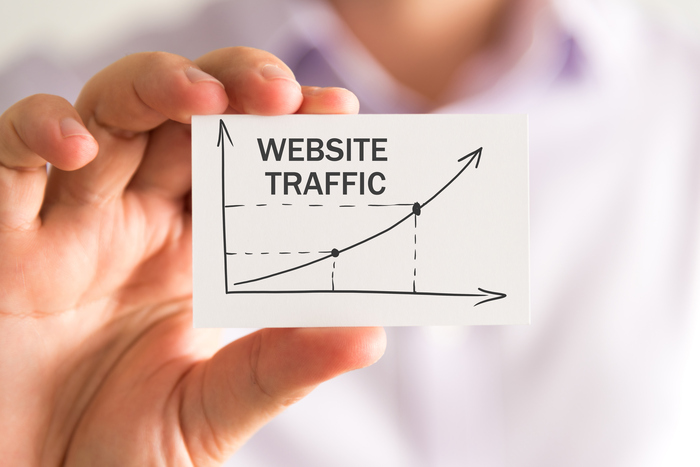


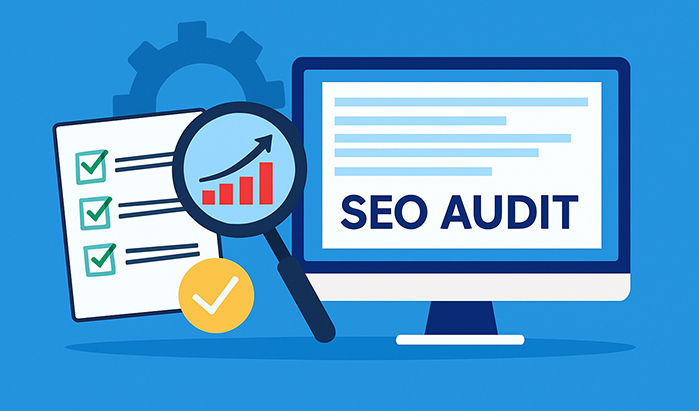




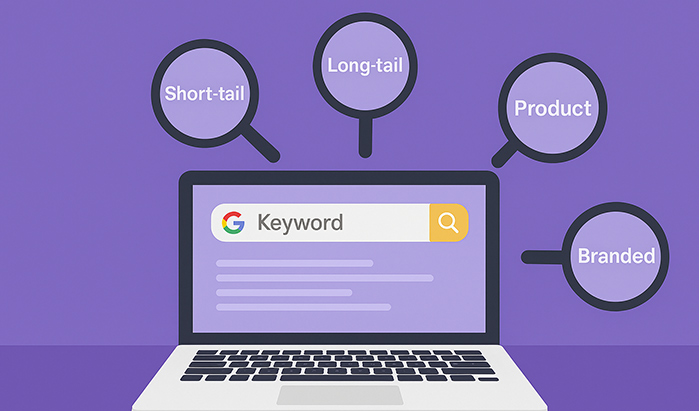
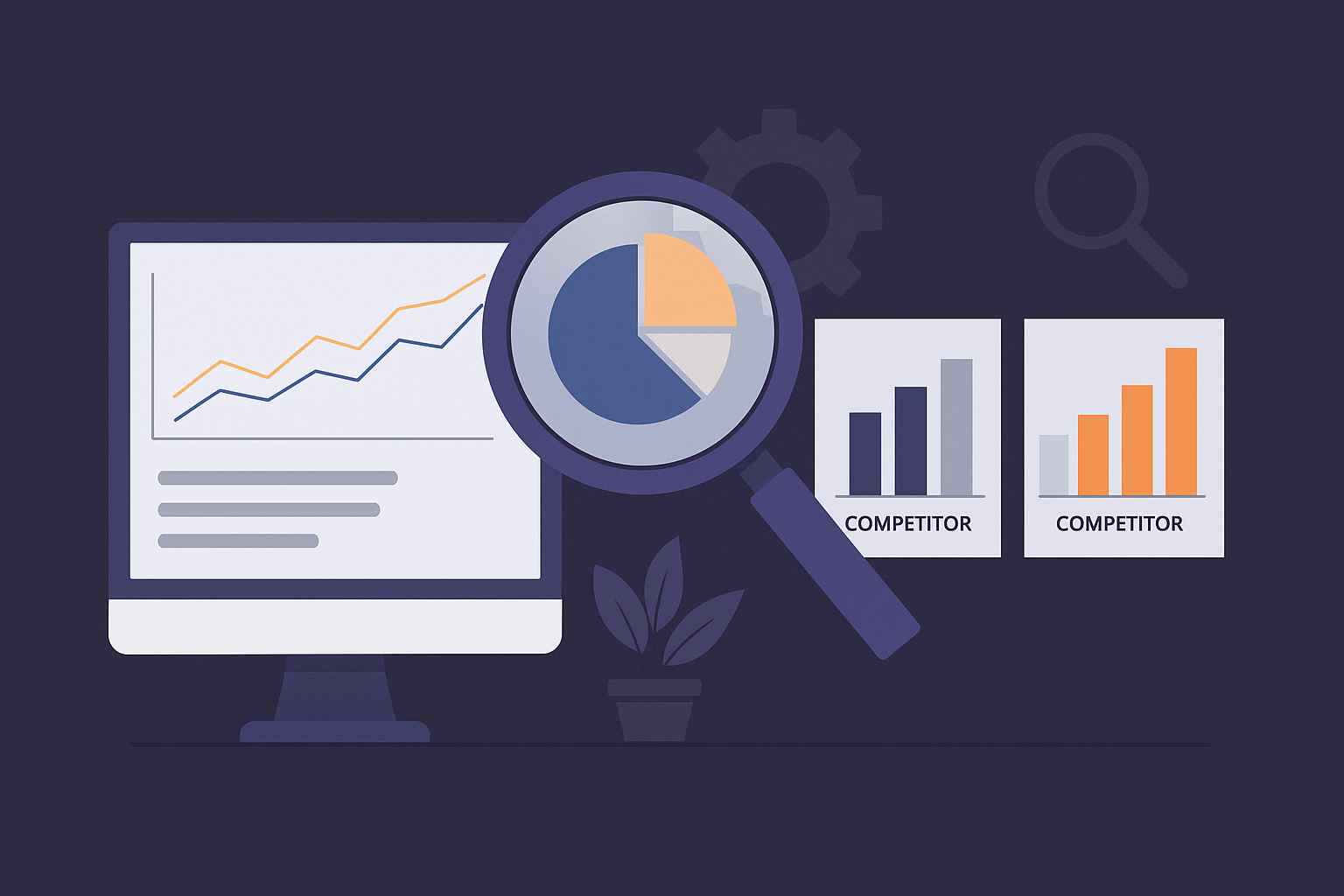

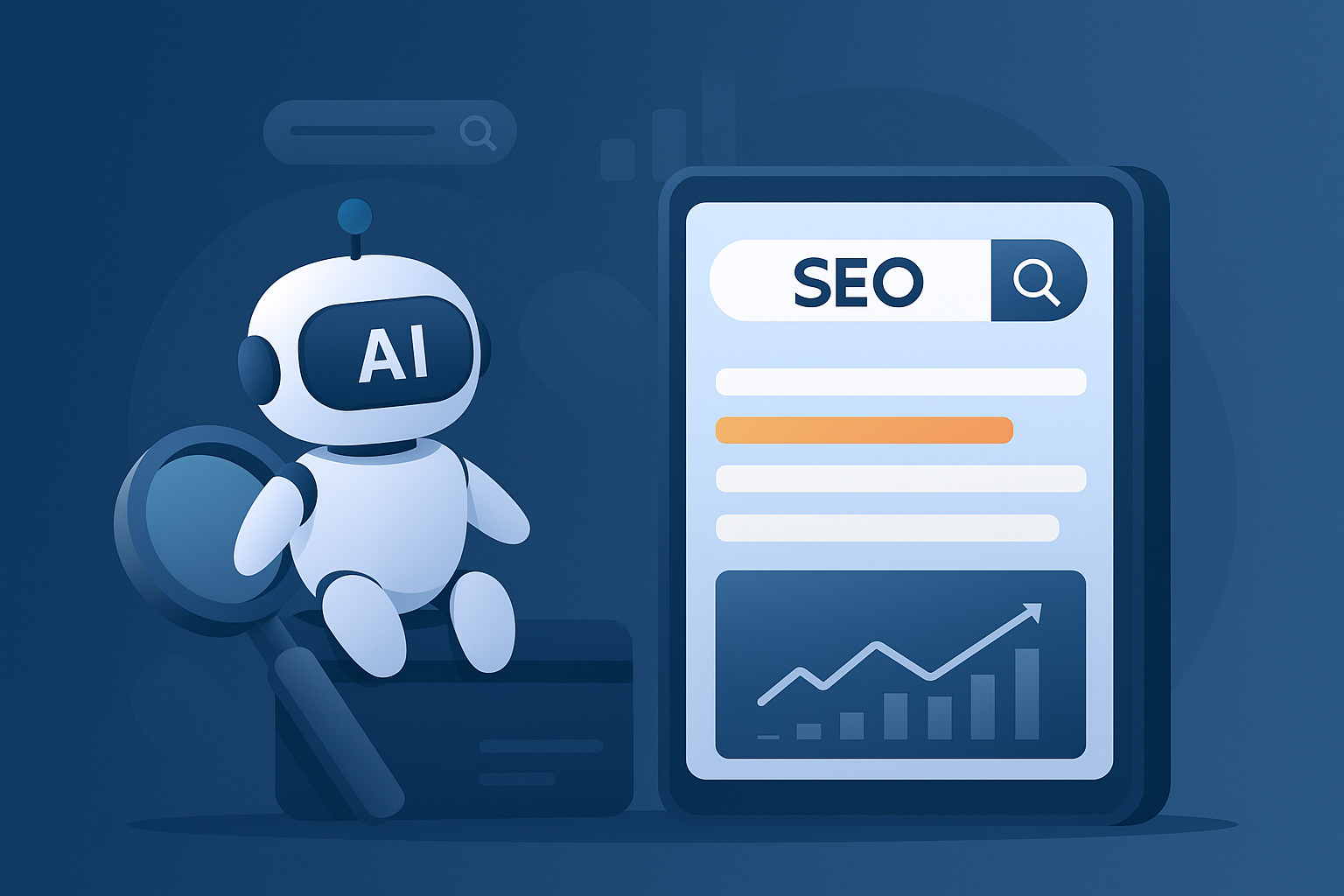




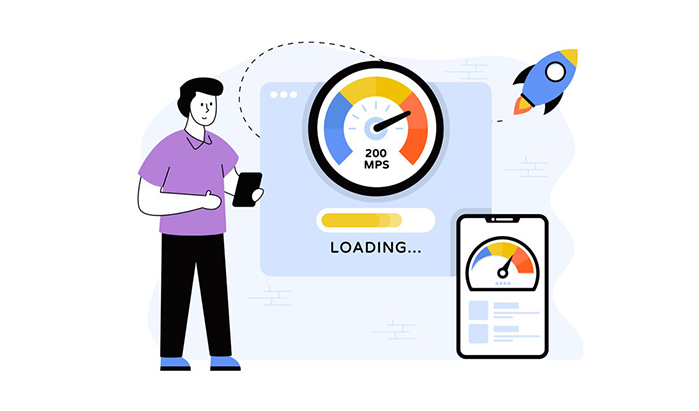



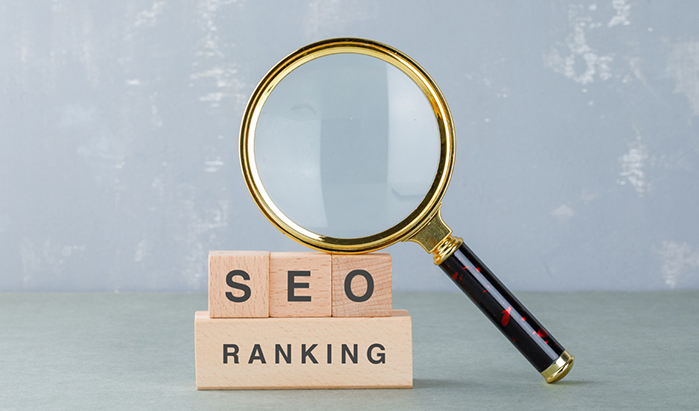

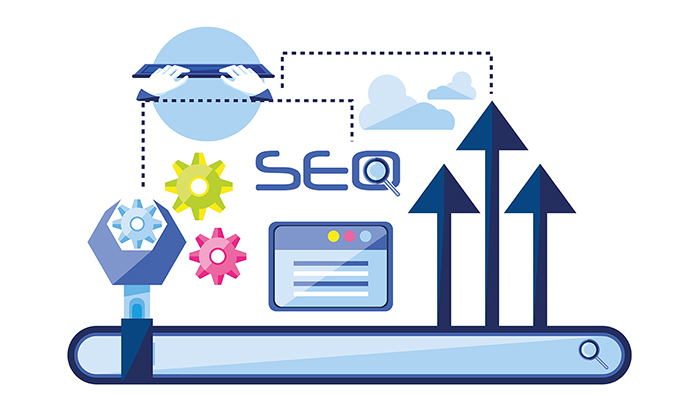



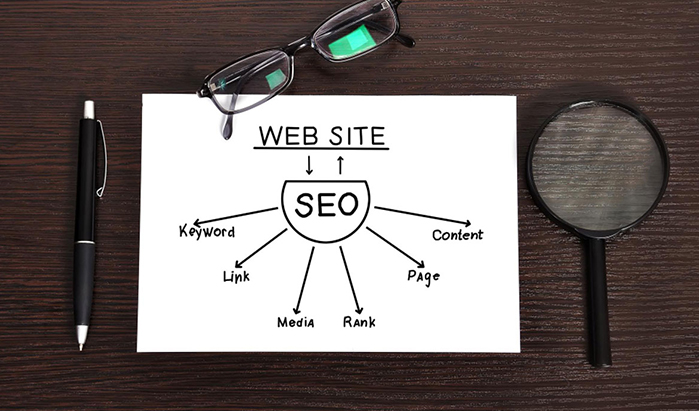



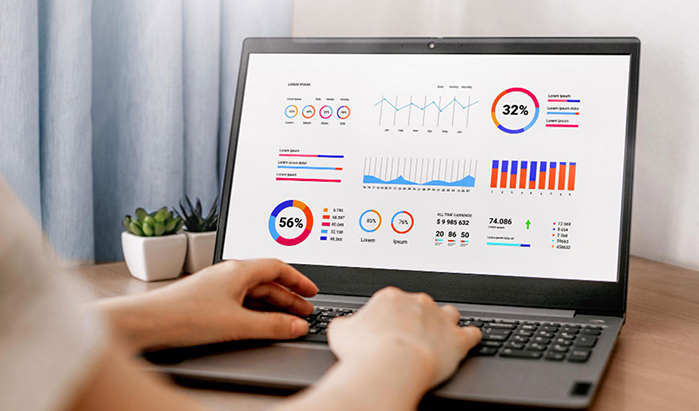







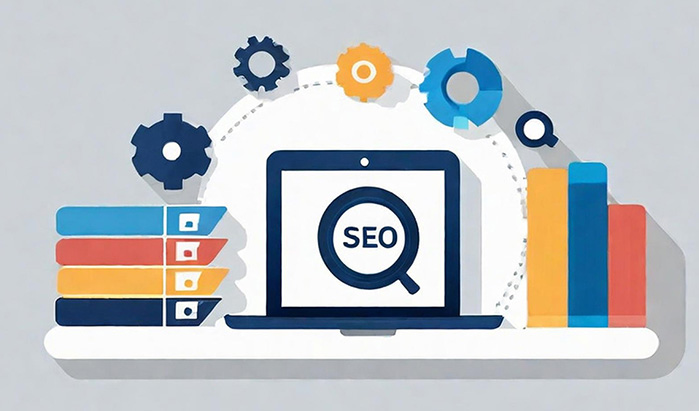
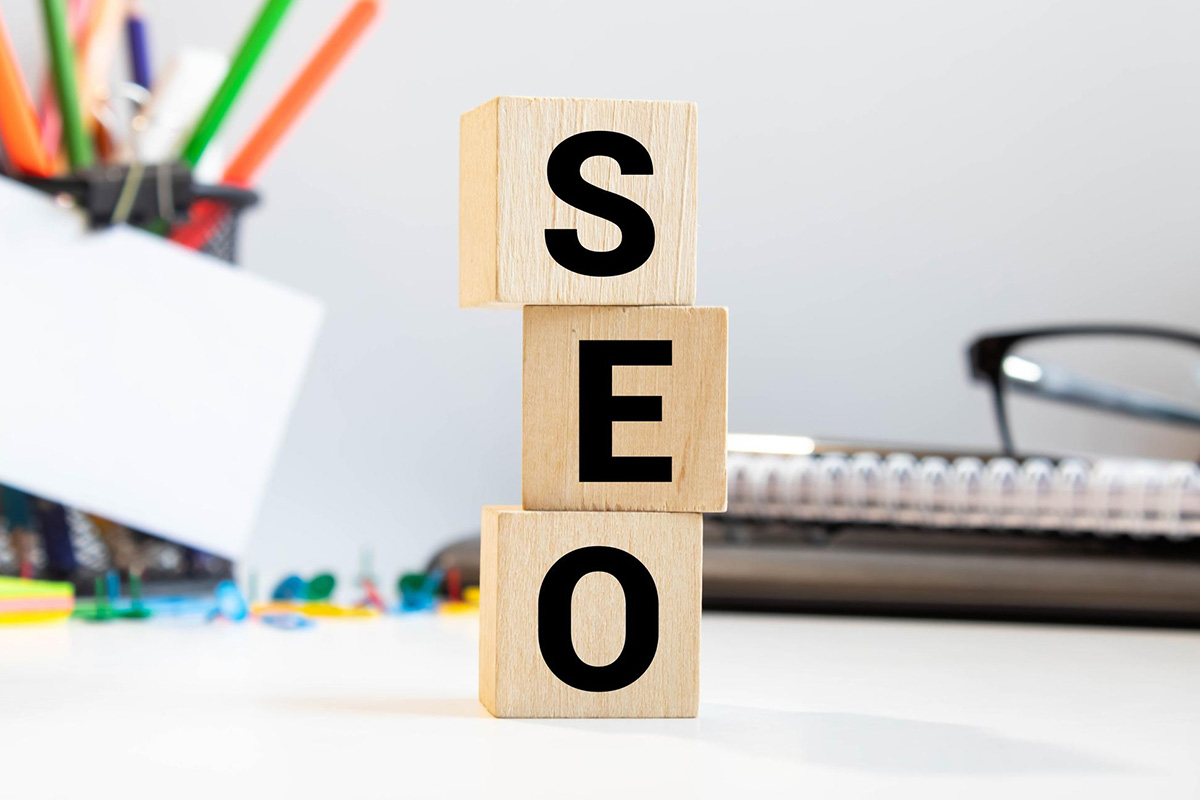






















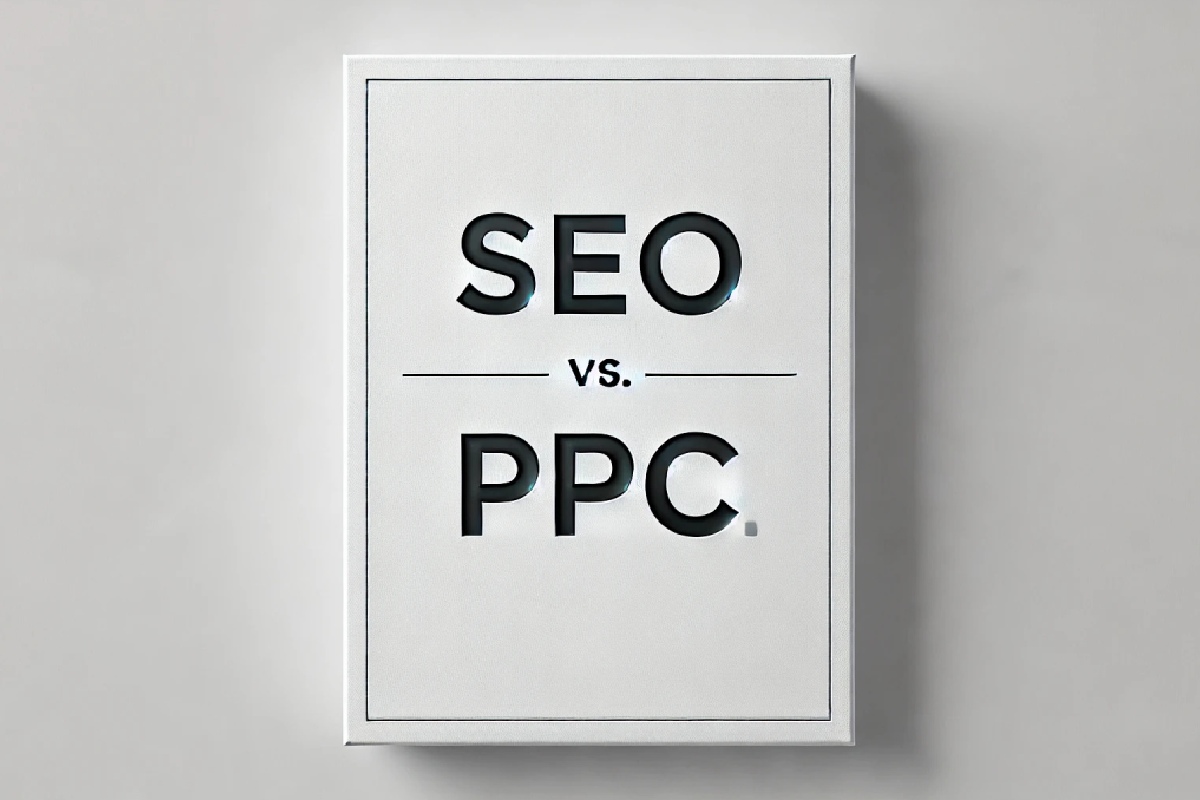
















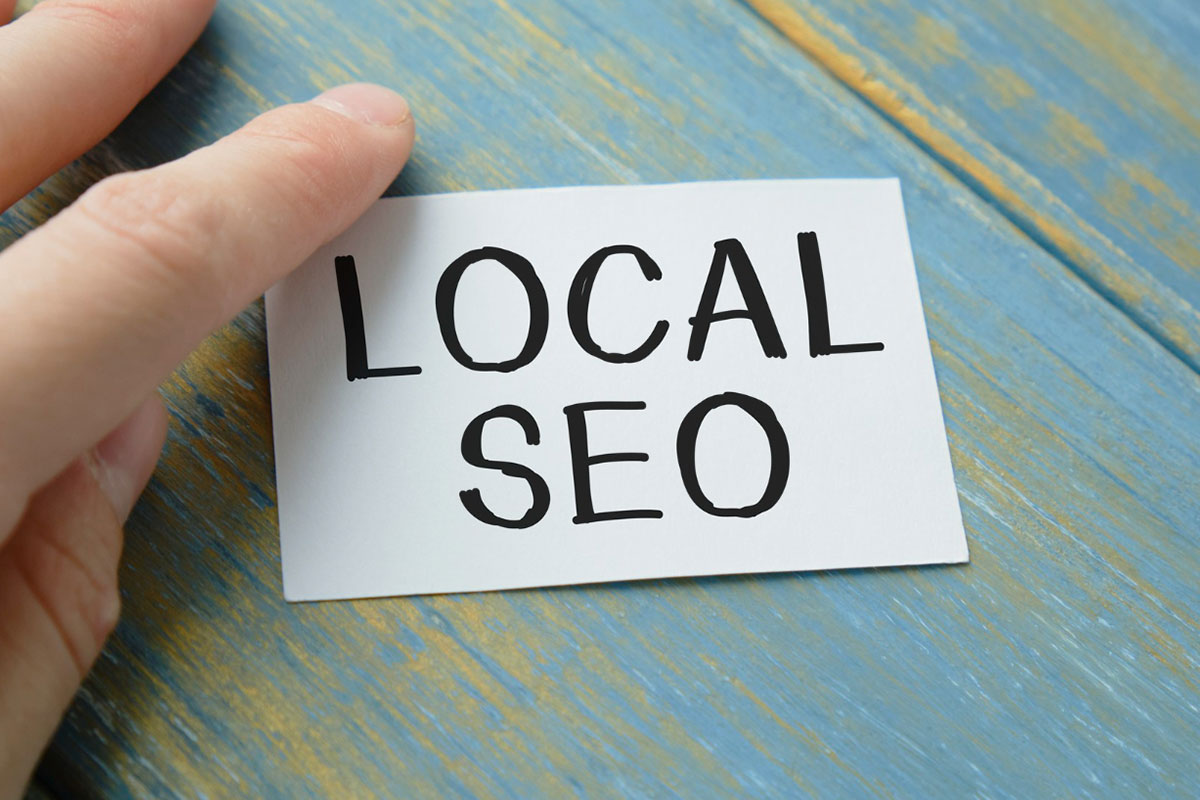






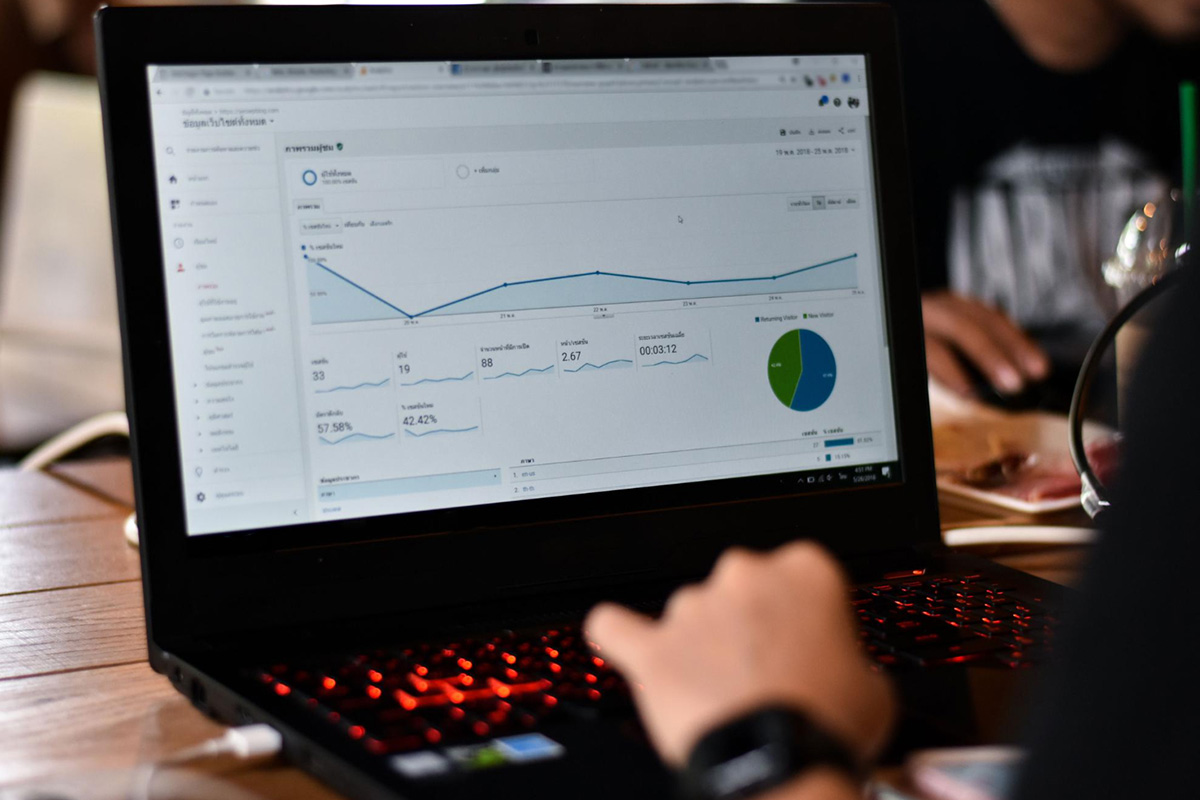


.jpg)
